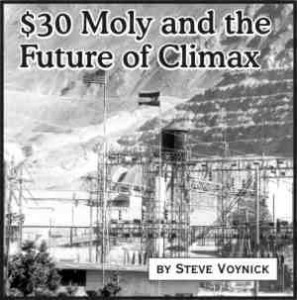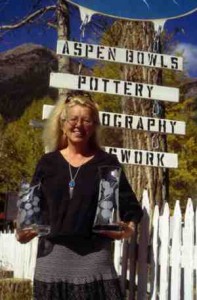Brief by Allen Best
Climate – July 2005 – Colorado Central Magazine
Droughts are peculiar natural events. You known when a thunderstorm or earthquake starts and ends.
But you don’t know when a drought starts until a few months or years later (a dry month, or even a dry year, doesn’t necessarily mean a drought), and you’re never quite sure when one ends (a wet month or wet year could be an aberration).
In much of Colorado, the snowpack was above-normal this spring, and that has inspired the Denver Water Board to lift watering restrictions, with the rule being “use it wisely.” Dillon Reservoir was expected to fill in late June for the first time in several years.
Providing water, like some other utility services, has a peculiar financial structure. When people cut back on water or electricity, they buy less, so the utility’s income drops.
Yet its fixed costs, be they for storage and delivery or for transmission and distribution, remain about the same. And so rates go up to cover the costs, which inspires more conservation, which means more rate increases – it’s a nasty cycle, sometimes called the “utility death spiral.”
Back to the five-year drought. There’s still snow in the mountains, and the spring was cool and wet. But that’s not enough to conclude that the drought has ended, according to Jack Byers, assistant state engineer and head of the state’s drought task force.
He conceded that “We have had some wetter weather this year. But this average or above-average snowpack is not the end of the drought. Right now all we can say is we’ve been fortunate.”
Climatologists say that they can’t tell whether this drought is over for several reasons. They’re not sure what’s going on with El Niño, the Pacific Ocean current that often sends moisture to Colorado. A cool spring might prevent the heat build-up that leads to the late-summer monsoons that bring rain in August. And tree-ring studies show that other Colorado droughts have lasted longer.
So it may be years before we find out whether the drought ended in 2005.


